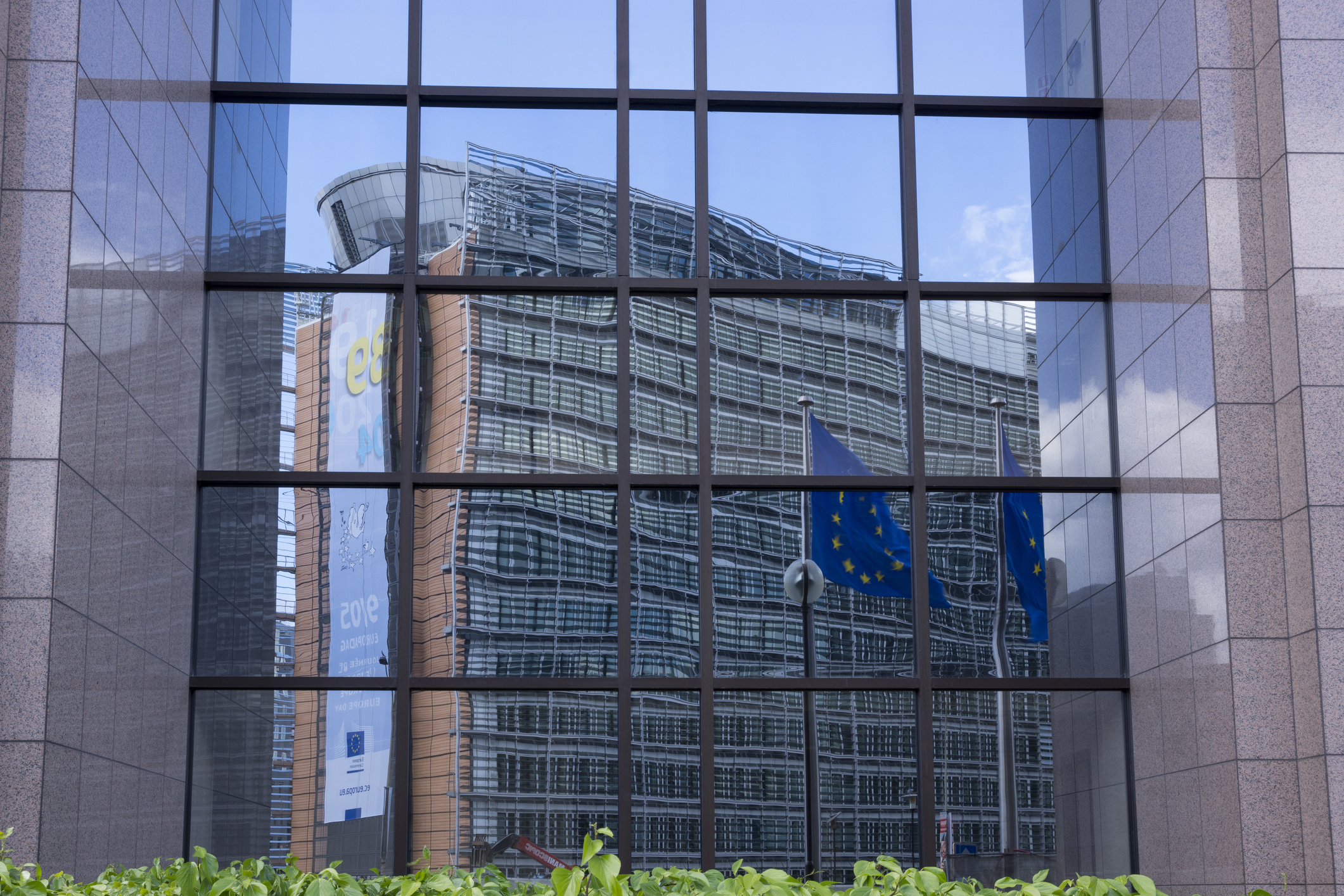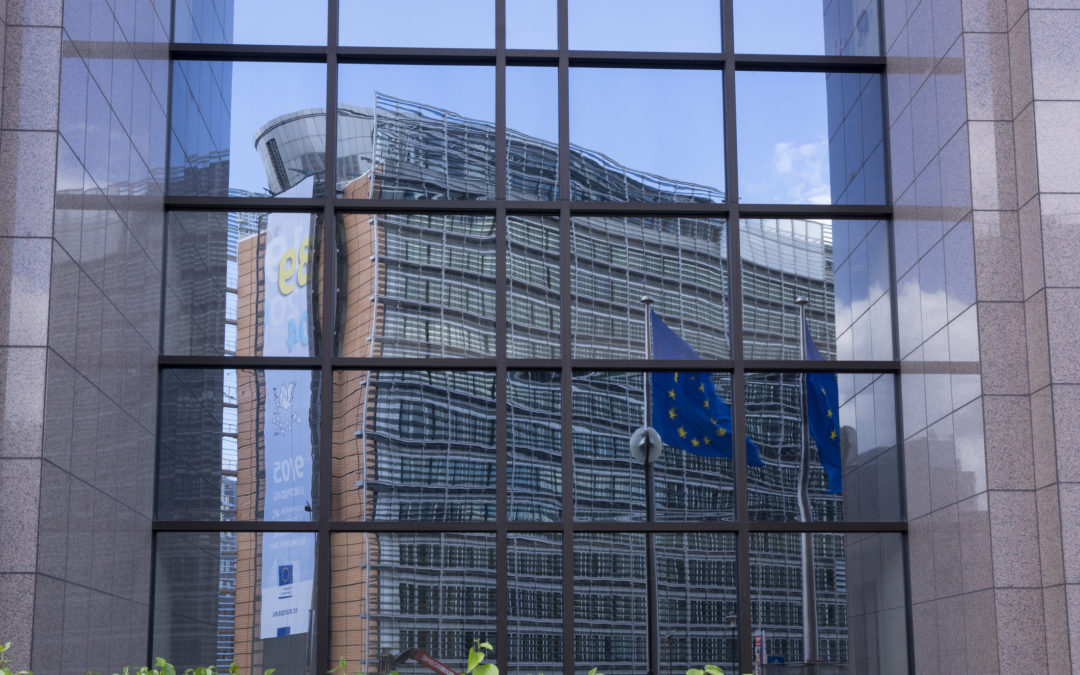STATEMENT FROM CREATIVITY WORKS! ON THE EUROPEAN COMMISSION’S COPYRIGHT PACKAGE

Today the European Commission has published its proposals for copyright in the digital age. Copyright is the economic foundation for Europe’s cultural and creative sectors, which employ more than 7 million people with a wide range of skills. It stimulates creation, innovation, investment, production and dissemination of creative works, and has made it possible for the creative and cultural sectors to meet consumer demand for legal online content.
Our sectors have been devising new ways to entertain audiences for years, as new technologies have opened new possibilities for creative expression and enjoyment of cultural works. Today, we are digital sectors, and audiences can access more creative works online than ever before: no matter where in the EU, Europeans have access to over 30 million licensed songs; over 3,000 Video-on-Demand Services (VOD); and over 2 million e-book titles, while images have made the internet the vibrant and engaging place we enjoy today.
The benefits of the current ecosystem are clear: authors and other creators can be rewarded for their work, while their business partners have the incentives to invest in production and in making that work widely available. Territorial exclusivity supports the investment in the development, creation, production, marketing and distribution of films and audiovisual content, as well as the ability to tailor offers of film and audiovisual content to the wide diversity of consumer preferences and varying purchasing powers across Europe.
Further, the current European system of copyright exceptions and limitations strikes the right balance between protecting creativity and investment and the interests of users. It enables respect for cultural and national diversity, flexibility and an appropriate degree of EU harmonisation.
We believe that some of the proposed measures in fact threaten to undermine all this, and risk leaving consumers worse off by causing production levels to fall and reducing cultural diversity. We think that’s not a risk worth taking.
Creativity Works! stands for informed, reasoned debate on copyright and the creative and cultural sectors. We’ll continue our work to try to ensure Europe’s copyright framework works to the benefit of audiences and the creative sectors alike.
Our members come from across the creative and cultural sectors. Here’s how they reacted:
Grégoire Polad, Director General, Association of Commercial Televisions:
“Evidence shows that the proposed Regulation may affect European consumers and the AV industry in the short term (up to €9.3bn per annum) and the medium to long term (up to €4.5bn per annum) due to less European content being produced and less access to/affordable content being available to consumers. The Portability proposal remains the most adapted instrument to ensure consumer benefit whilst respecting the economic fundamentals of the sector. In all other scenarios tabled in the DSM plans, consumers and industry will be worse off than in the current situation.”
Benoît Ginisty, Chief Representative of FIAPF, the International Federation of Film Producers Associations:
“We are not convinced that the Commission’s proposed Regulation will drive new business opportunities in the online world. As we have repeatedly argued – and as evidenced by our recent research – undermining the integrity of territoriality in licensing will come with a cost for the European film sector, its funding and distribution opportunities and ultimately for its audiences. The result will be less cultural and linguistic diversity and reduced choice for European audiences – creativity will be affected as will our sector’s contribution to the European economy and employment.
Henrique Mota, President of the Federation of European Publishers (FEP-FEE):
“To be a publisher you have to like to take risks; bets with new talents, chances with new topics, yet always risks. When one of these ventures finds its audience, copyright is the guarantee that we can continue to take these risks. Too many exceptions are challenging the opportunities to publish new innovative works. We will review the proposed Directive and work with the co-legislators to improve it to fit Europe’s objectives of promoting innovation and creation.”
Myriam Diocaretz, Secretary-General of the European Writers’ Council (EWC):
“European writers and translators welcome the prospects of more control which authors and other rightholders can exercise over the uses of copyright-protected works in online services. Legal certainty, licensing mechanisms and an equitable share of the economic value generated will benefit all, including our readers and audiences.”
Helen Smith, Executive Chair and Secretary General of IMPALA:
“The Commission has taken action on some of the issues affecting the music sector online. This is an important step forward, and we expect member states and parliament will want to clarify this further. All players in the online ecosystem online need to respect copyright for the online economy to be sustainable. But we have reservations about other elements of the package, and will continue to work on these with our counterparts in the European Parliament and Council.”
Sylvie Fodor, Executive Director of CEPIC, the Centre for the Picture Industry:
“The Commission is right to have chosen an evidence-based approach when it comes to harmonizing exceptions. Because the public consultation on the panorama exception has showed that no regular internet user has ever been sued because of copyright laws relating to art in public spaces, its implementation is now left to Member States’ discretion. In our view, there are indeed more pressing issues to solve for a balanced creation and consumer friendly internet, such as bridging the value gap in all sectors. First encouraging steps have been made in this direction.”
Dara MacGreevy, Senior Counsel, Content Protection and Information Security, Interactive Software Federation of Europe (ISFE):
“It’s worrying that the proposal threatens to undermine the legal protection for technological protection measures (TPMs). These have been fundamental in enabling the video game industry to embrace digital distribution models and to move beyond simply selling physical copies of games. This has clearly benefited consumers by increasing the amount of legal content available online; the Commission’s plans here seem to run counter to what they are trying to achieve.”
Elena Lai, Secretary General of European Coordination of Independent TV Producers (CEPI):
“It is very disappointing to see the Commission is clearly ignoring the impact that the broadcast regulation proposal could have on the sector as a whole and particularly on Small and Medium Enterprises. In a time where Europe needs to be more united and competitive than ever before, TV producers have been crucial in addressing the interest of the audience and consumer by providing varied cultural and linguistic content which can be monetised across the EU providing valuable re-investment, sustaining diversity and competitiveness.”
Coco Carmona, Director General of the International Confederation of Music Publishers:
”We believe this Package is a step in the right direction to ensure that the value generated by online platforms when using copyright protected content is properly shared with rightholders, and we look forward to continuing working on this path with the Council and the European Parliament.”

